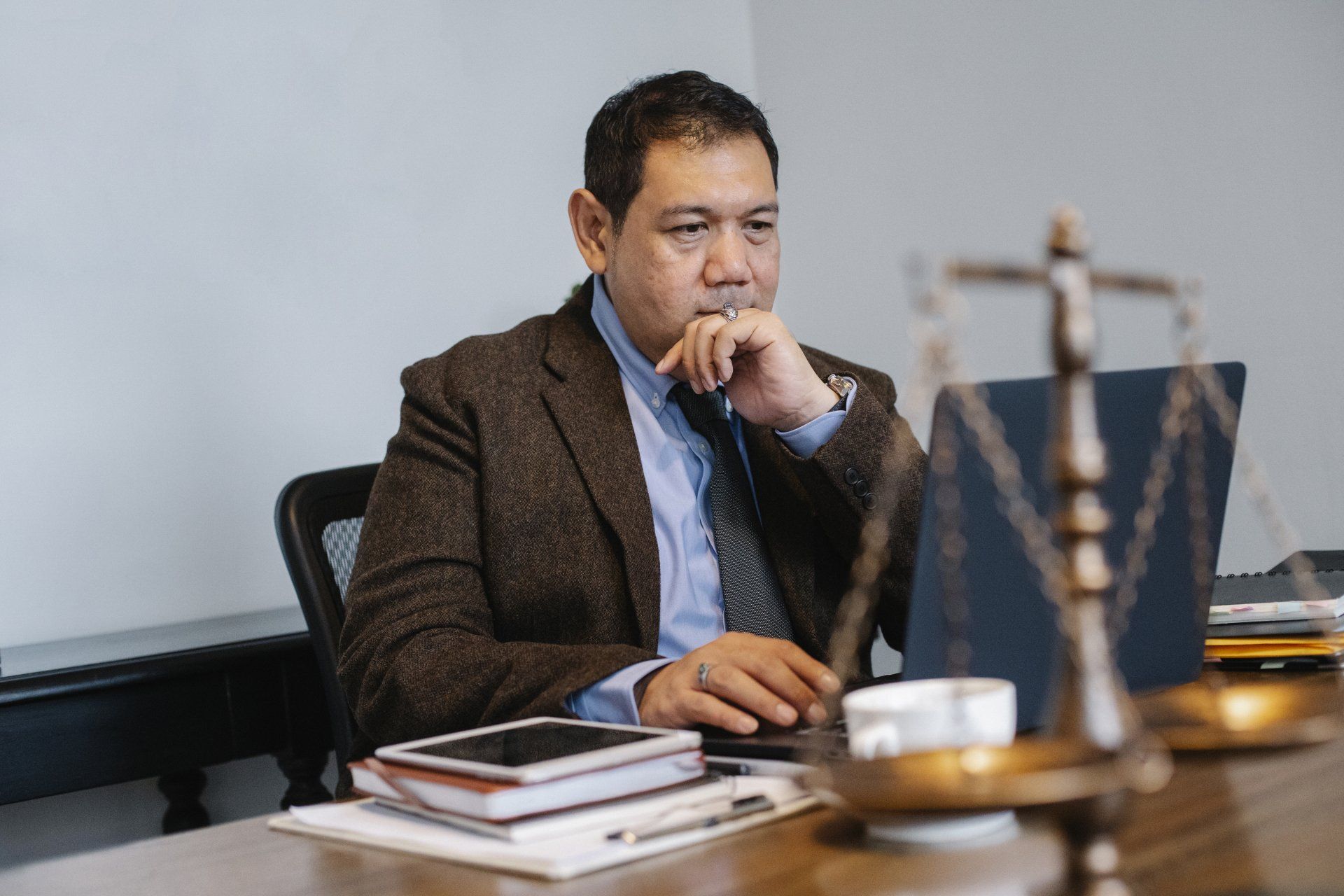I-601 Unlawful Presence Waiver: Expert Guidance from Morilla and Miller Law Firm
Navigating Unlawful Presence Bars & Waivers in Connecticut
In 1996, the Illegal Immigrant Reform and Responsibility Act set stringent bars for individuals residing unlawfully in the United States. These bars impose re-entry restrictions for three years, ten years, or even permanently if an individual leaves the country after staying illegally. While these regulations uphold immigration laws and national security, they often impose undue hardships on individuals and families. This is where waivers come into play.

At Miller and Morilla, Immigration Law Attorney Amy Morilla understands the complexities surrounding unlawful presence waivers and their crucial role in the green card application process. Our team is dedicated to helping individuals facing these challenges navigate the legal landscape.
Understanding Unlawful Presence Bars
The bar's duration is contingent upon when an individual resided unlawfully in the U.S. before departing. This period commences either when a temporary visa expires or immediately upon entry in cases of illegal entry.
Here's a breakdown of the different bars:
- 3-year bar: Applied to those unlawfully present in the United States for over six months but less than a year.
- 10-year bar: Imposed on individuals with unlawful presence in the United States for a year or longer.
- Permanent bar: Unlike the former bars, this one cannot be waived once imposed.
It's essential to note that the bar begins when the undocumented individual departs the country, even for consulate or embassy procedures to establish U.S. citizenship. This determination can often seem unfair and unwarranted.
Provisional Waiver: Your Path to Relief
The provisional waiver offers a lifeline to certain undocumented immigrants, particularly parents or spouses of lawful permanent residents or U.S. citizens. This waiver is designed explicitly for those residing in the U.S. for several years without proper inspection upon entry.
Previously, leaving the U.S. for consular processing automatically subjected undocumented individuals to the 3- and 10-year bars, making them ineligible to return without obtaining an I-601 waiver abroad. However, recent regulatory changes allow eligible family members to seek pardon for unlawful presence from within the U.S. before departing for a consular interview. Once approved, they can navigate re-entry without being subjected to lengthy bars and wait times, provided there are no other grounds of inadmissibility.
Determining Eligibility for the I-601A Waiver
To qualify for either of the waivers, applicants must demonstrate that their U.S. citizen or lawful permanent resident spouse or parent would experience "extreme hardship" if they were not allowed to return to the U.S. after traveling abroad. It's important to note the eligibility criteria:
- Present for Application Submission & Status Adjustment Interview: The applicant must be present in the USA when applying and remain current until the status adjustment interview is scheduled by consular staff.
- Favorable History: The waiver is designed to pardon only unlawful presence. Any other unfavorable history may result in denial.
- The beneficiary of an Approved I-130 or I-140: The individual must be the recipient of an I-130 petition approved by a family member and have their eligibility confirmed through an employer-filed I-140 petition that has been approved.
- No Final Order of Deportation Present: The applicant must not have a final deportation order. One may apply for the waiver even if deportation proceedings are ongoing, terminated, or administratively closed.
Understanding Extreme Hardship
Extreme hardship varies from case to case and is not explicitly defined by statute. USCIS considers various factors when evaluating undue hardship, such as:
- Severe medical conditions prevent the qualifying relative from relocating abroad.
- The inability of the qualifying relative to work or sustain themselves financially abroad.
- Responsibilities for caring for others in the U.S.
- Impediments to continuing education for the qualifying relative.
Seeking Guidance from Miller and Morilla
Navigating the complexities of I-601 waivers requires expert legal guidance. At Miller and Morilla,
Immigration Law Attorney Amy Morilla and her team have been dedicated to helping individuals and families achieve their immigration goals.
Whether you're seeking guidance on the application process or eligibility criteria or demonstrating extreme hardship, we're here to provide comprehensive legal assistance tailored to your unique circumstances. Our commitment to excellence ensures that you're informed at every step of the process, with personalized attention to address all your concerns.
With thousands of individuals and businesses served, we have the knowledge, experience, and dedication to give your application the best chance of success.
Contact Miller and Morilla today for a consultation and take the first step towards securing your future in the United States.
Schedule Consultation
We will get back to you as soon as possible.
Please try again later.









